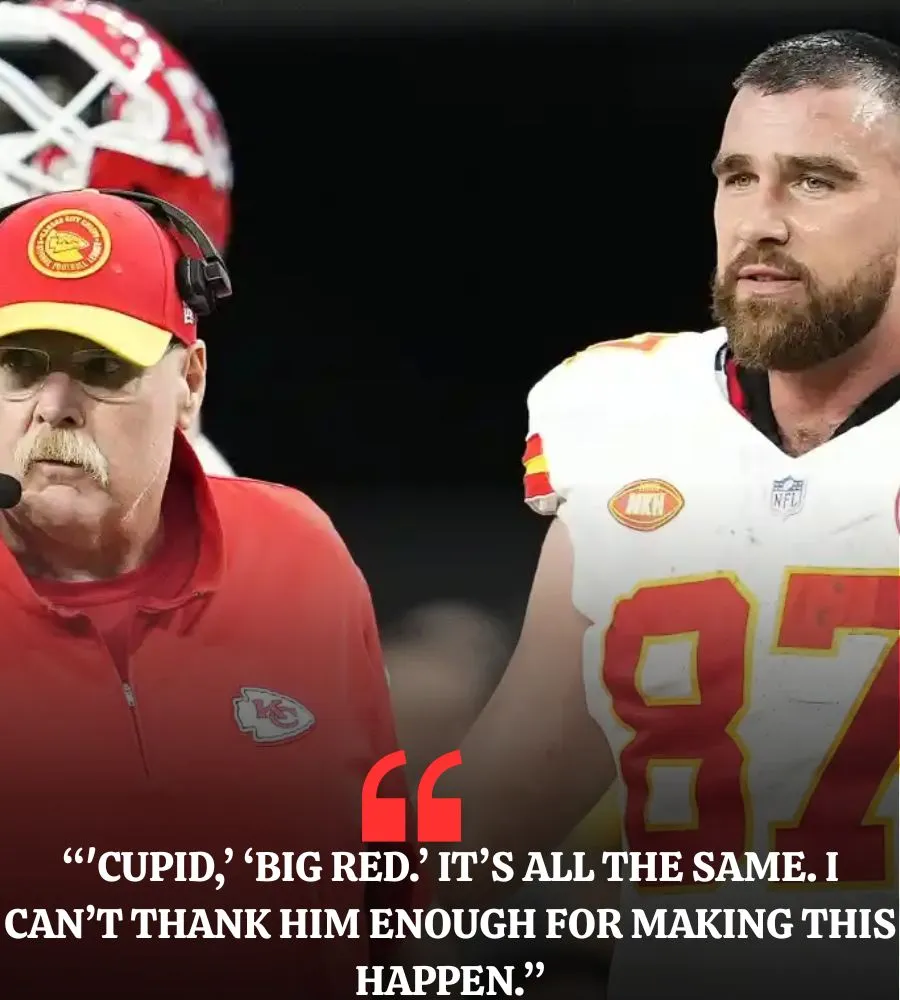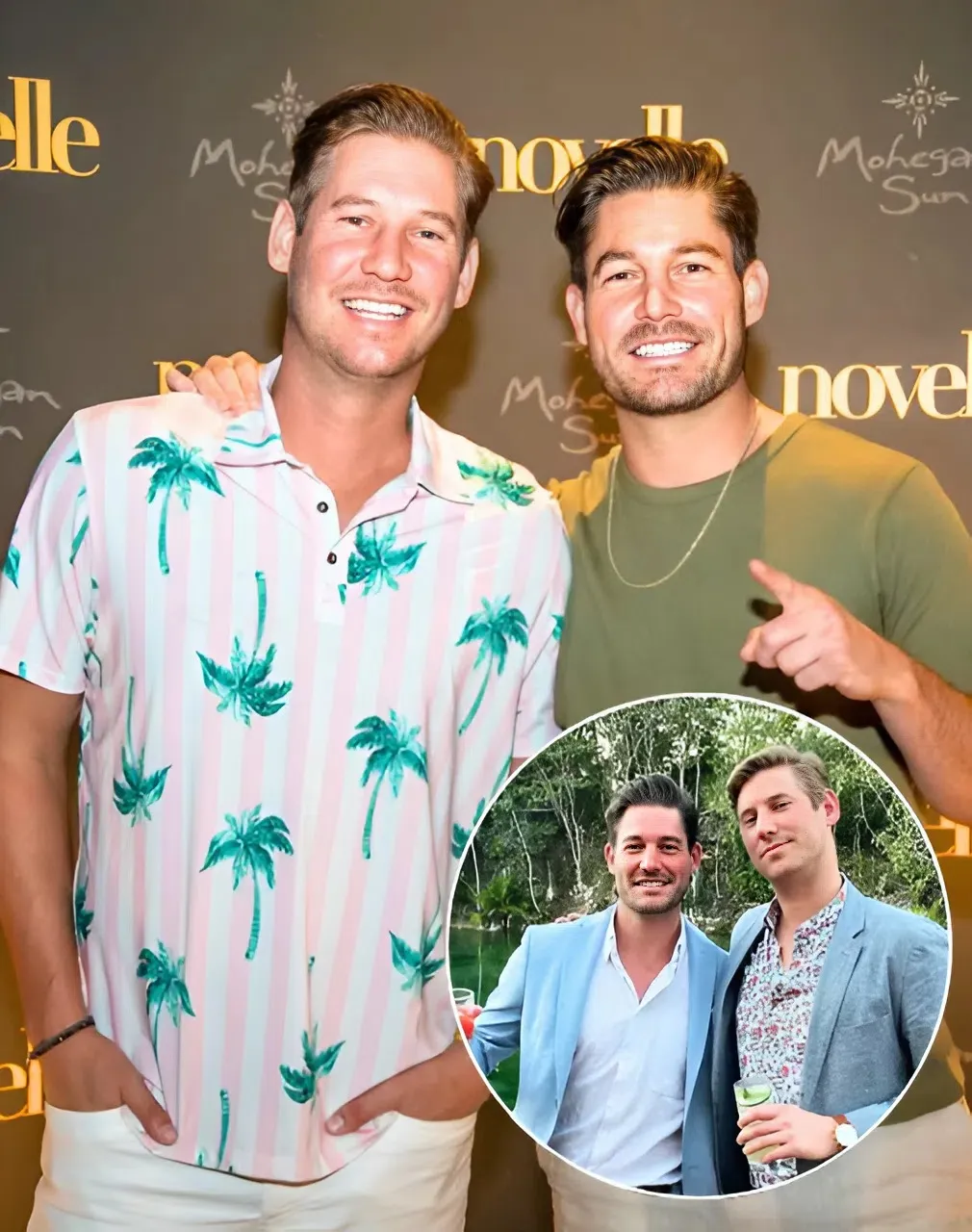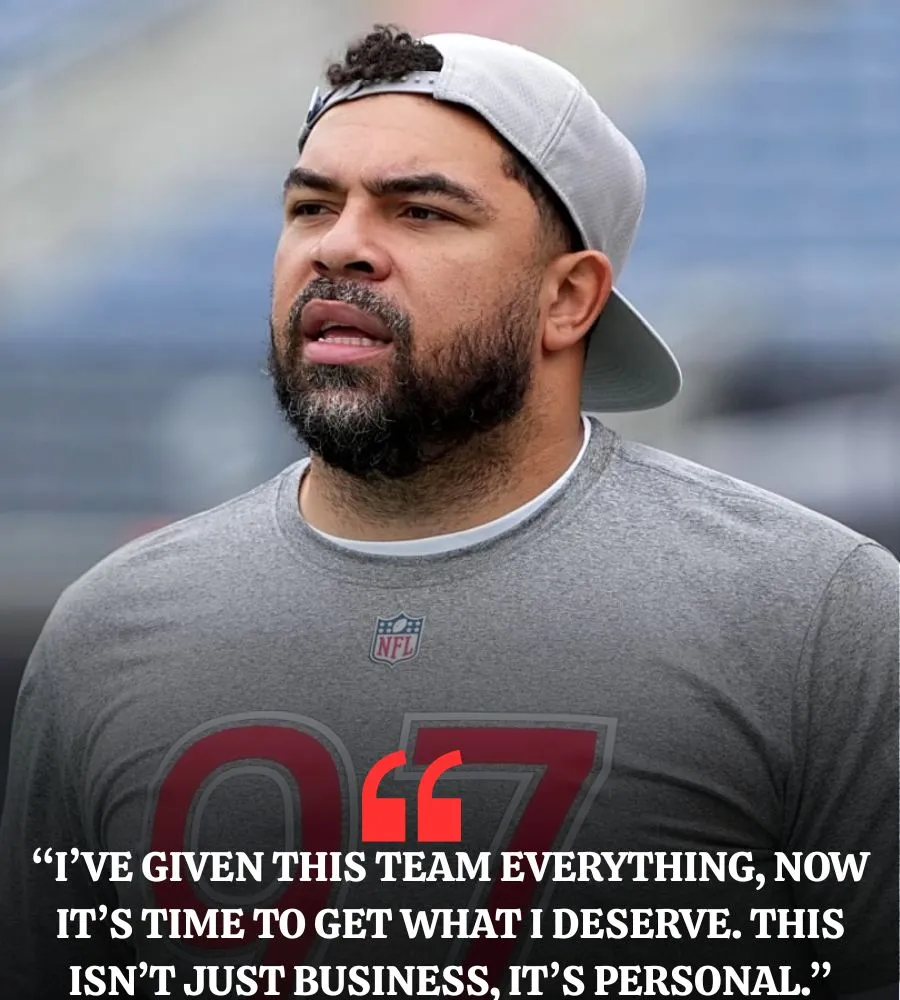
Whoops!
Page not found!
The page you are trying to reach cannot be found. In the meantime feel free to search or check out the articles below.


“I Was Used, I Was Silenced”: Love Is Blind’s Stacy Snyder Opens Up About Pain, Exploitation, and $8K Settlement That Finally Gives Her Justice

“She’s a Nightmare I Survived”: Disgraced Thomas Ravenel BLASTS Ex Kathryn Dennis as the ‘Worst Person in the World’
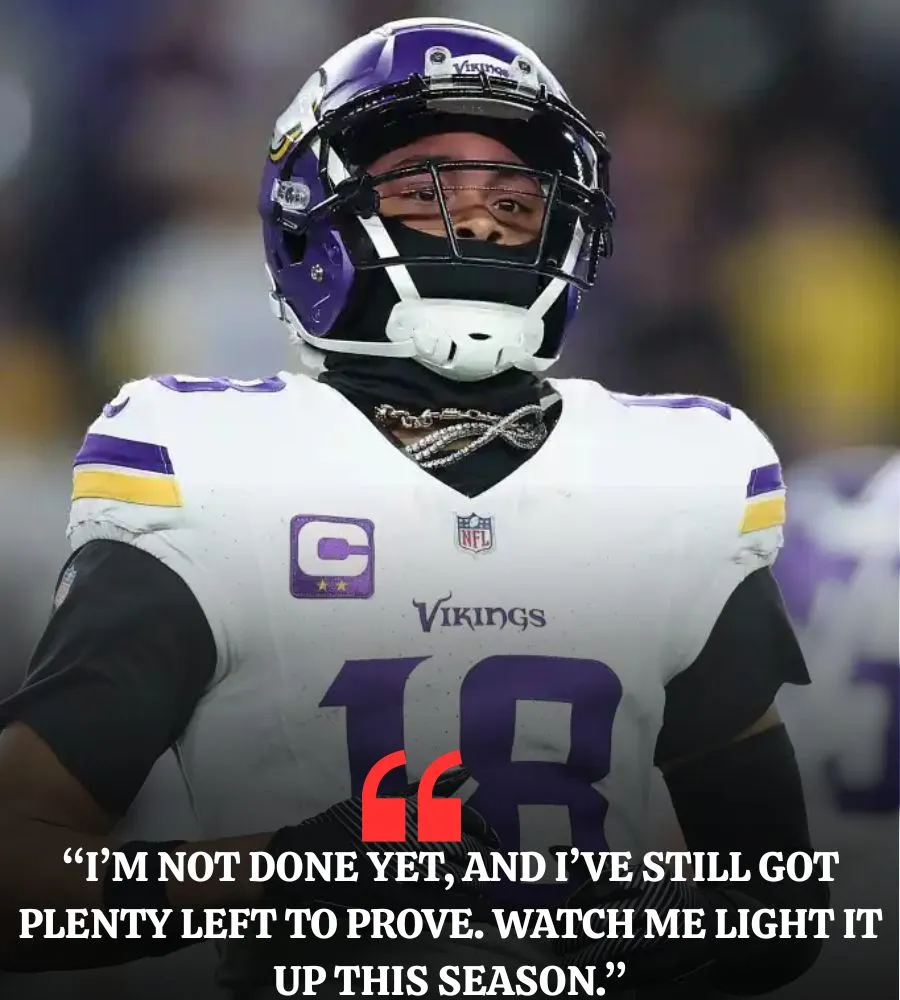

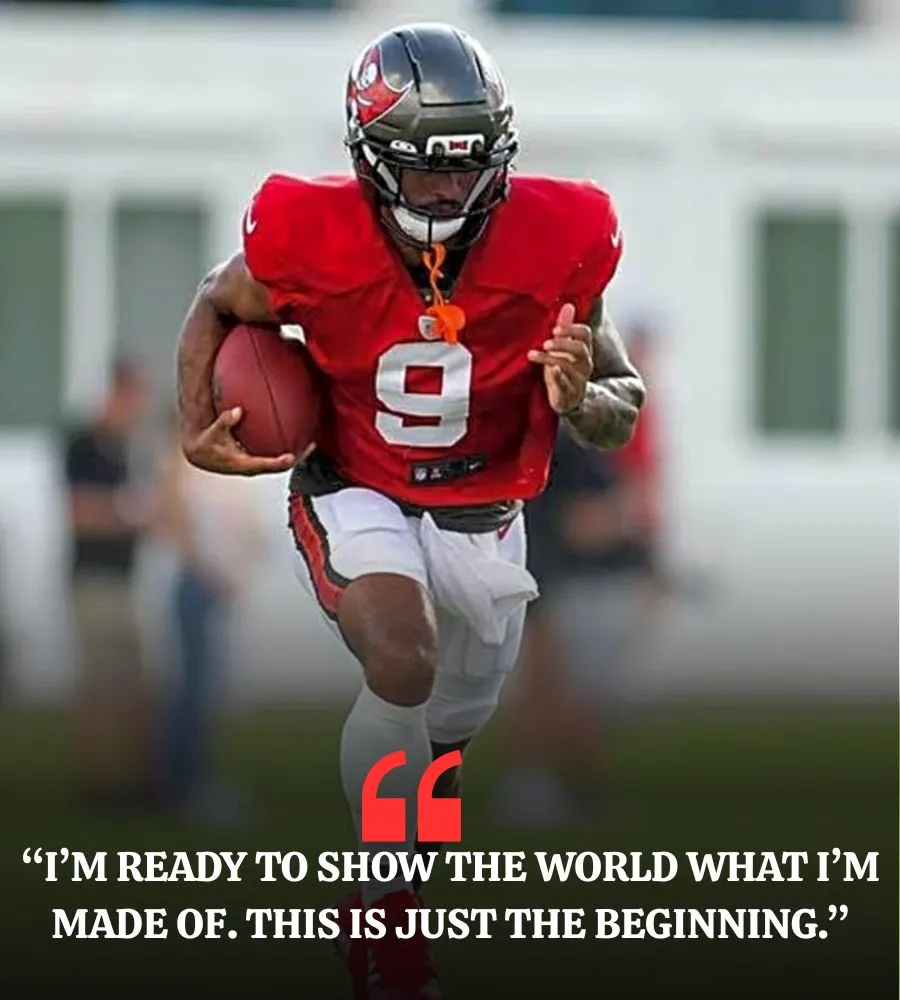
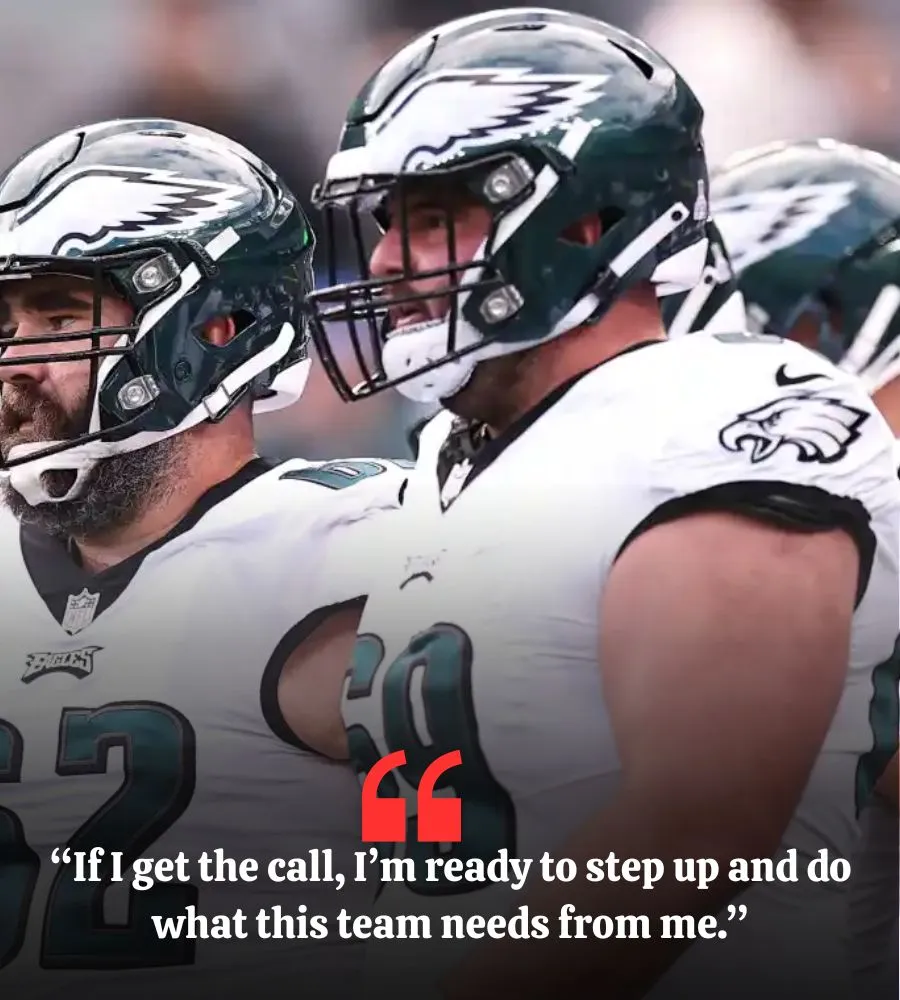
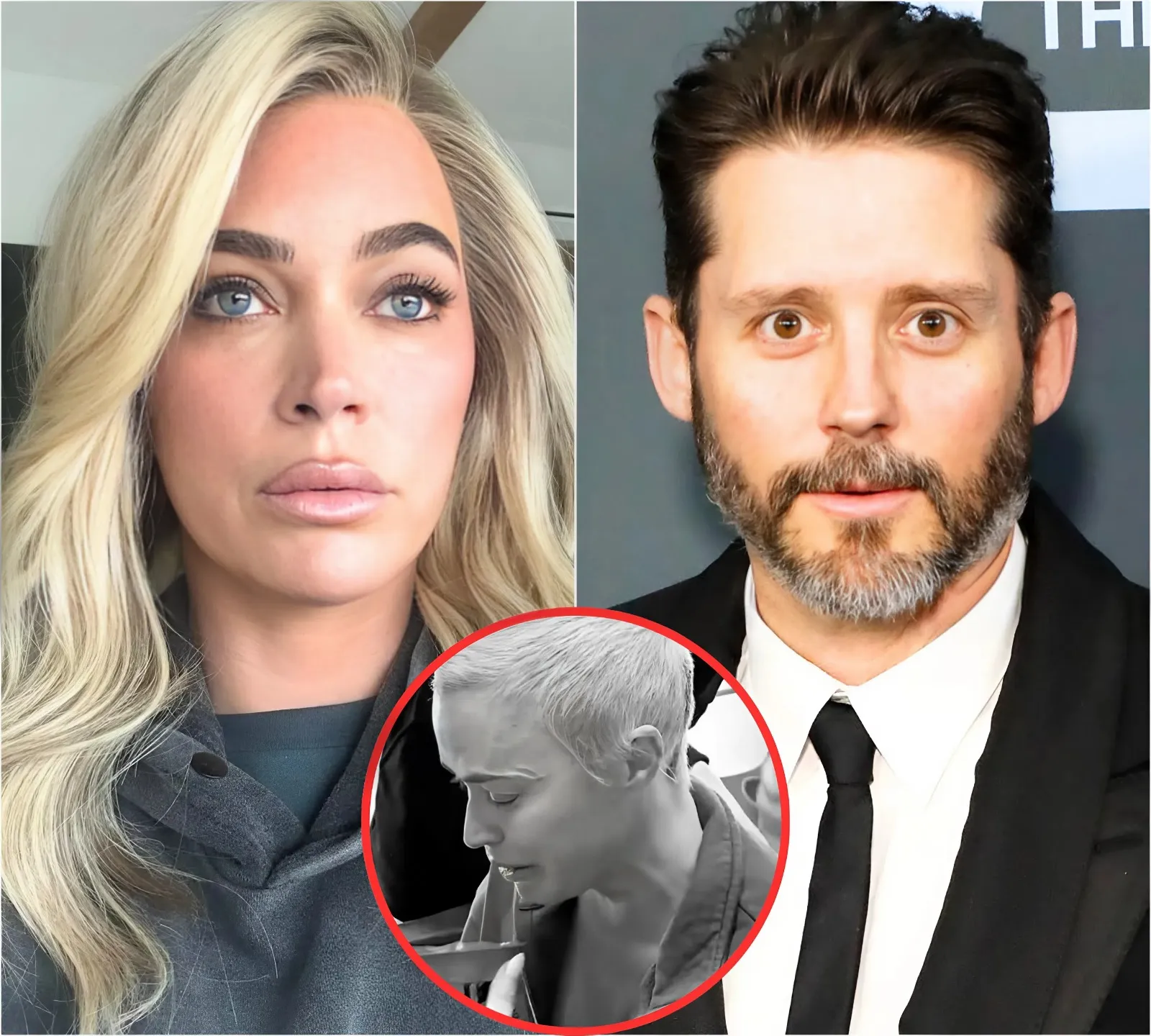
-1755161522-q80.webp)
-1755161367-q80.webp)

